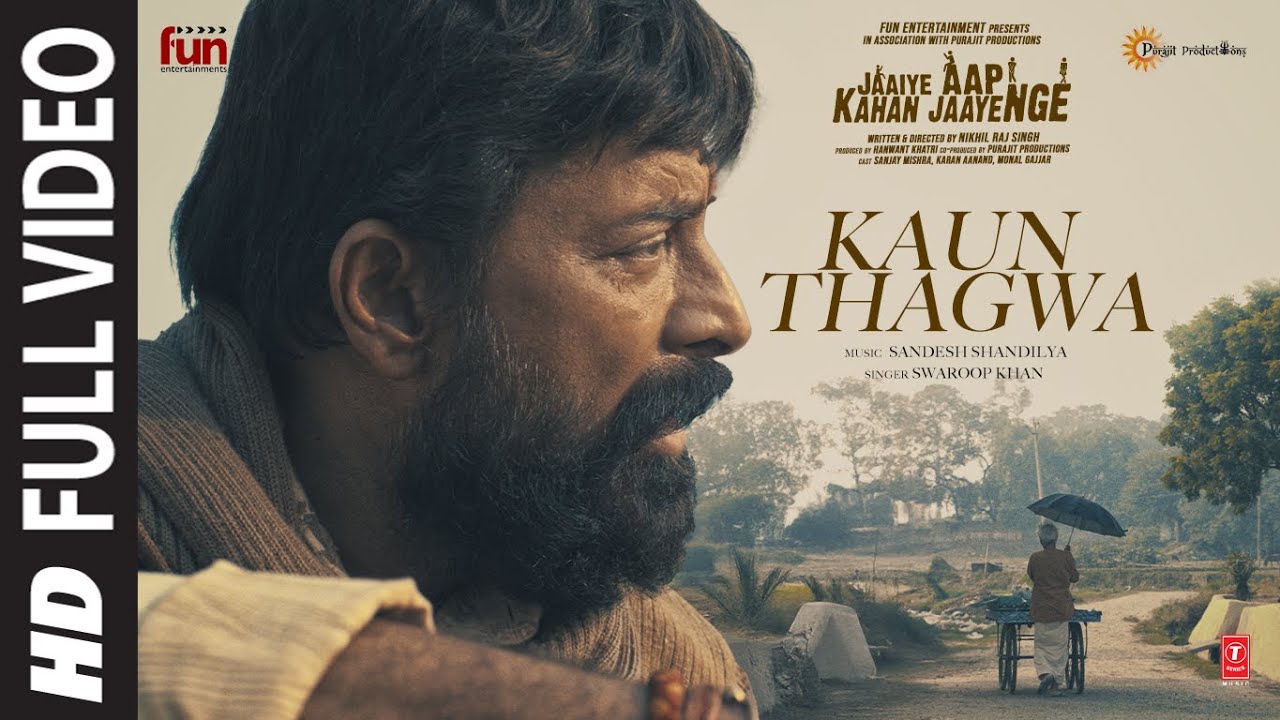
Job Archives
Full Time
Afghanistan
Posted 2 weeks ago
Application Deadline: 15 April 2025 Source link
Full Time
Afghanistan
Posted 2 weeks ago
Application Deadline: 14 April 2025 Source link
Full Time
Afghanistan
Posted 2 weeks ago
Application Deadline: 22 April 2025 Source link
Full Time
Afghanistan
Posted 2 weeks ago
Application Deadline: 18 April 2025 Source link
Full Time
Afghanistan
Posted 2 weeks ago
Application Deadline: 18 April 2025 Source link
Full Time
Afghanistan
Posted 2 weeks ago
Application Deadline: 18 April 2025 Source link
Full Time
Afghanistan
Posted 2 weeks ago
Application Deadline: 18 April 2025 Source link
Full Time
Afghanistan
Posted 2 weeks ago
Application Deadline: 18 April 2025 Source link
Full Time
Afghanistan
Posted 2 weeks ago
Application Deadline: 18 April 2025 Source link
Full Time
Afghanistan
Posted 2 weeks ago
Application Deadline: 18 April 2025 Source link
Full Time
Afghanistan
Posted 2 weeks ago
Application Deadline: 18 April 2025 Source link
Full Time
Afghanistan
Posted 2 weeks ago
Application Deadline: 21 April 2025 Source link
Full Time
Afghanistan
Posted 2 weeks ago
Application Deadline: 21 April 2025 Source link
Full Time
Afghanistan
Posted 2 weeks ago
Application Deadline: 22 April 2025 Source link
Full Time
Afghanistan
Posted 2 weeks ago
Application Deadline: 20 April 2025 Source link




